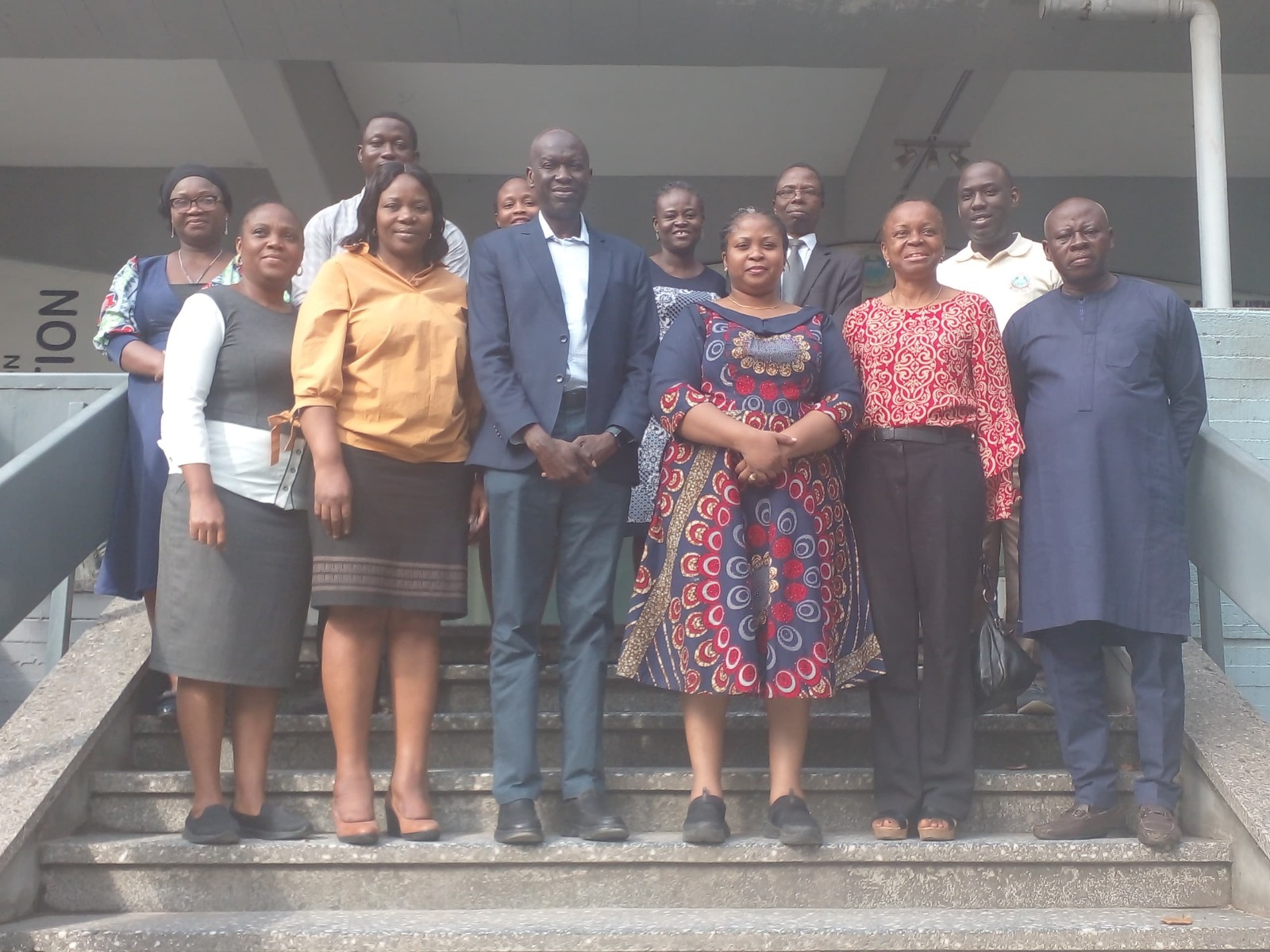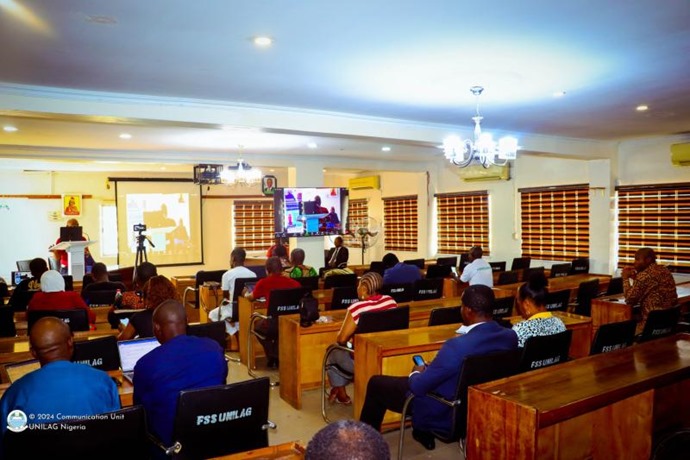Welcome

Prof. Solomon Okunuga
Director, Research Management Office
Our Vision
To elevate the University of Lagos to an enviable
level among global institutional players in research, innovation and development.
Our Mission
To promote and sustain a vibrant community for creating bold ideas and expanding creative
horizons where faculty, staff and students explore and leverage opportunities for cutting-edge research, create knowledge and impact lives through innovation.
EVENTS

WARIMA VISITS RMO to foster RESEARCH CAPABILITIES AND CAPACITIES
The West African Research and Innovation Management Association (WARIMA) recently visited the Research Management Office (RMO) to express their commitment to supporting researchers at the University of Lagos. The visit aimed to evaluate the resource availability, human capacity, and managerial capabilities of the University to support the research management ecosystem in Nigeria and West Africa.

RMO Holds Grant writing workshop for researchers
he Research Management Office (RMO) recently organized a grant writing workshop aimed at training researchers and enhancing their capacity for future projects. The workshop provided participants with essential skills and knowledge to successfully secure funding for their research endeavors. Through series of interactive sessions and expert-led discussions, attendees learned about the intricacies of grant writing, including proposal development, budgeting, and compliance with funding agency guidelines.

(CIFAR) held a Women in Research Leadership Development Symposium
The Canadian Institute for Advanced Research (CIFAR) is organizing a Women in Research Leadership Development Symposium (WiRLDS) to be held in Kigali, Rwanda from January 28-30, 2025 (arrivals on Jan. 27; departures on Jan. 31). To help us attract an outstanding cohort of participants, I would be delighted if you would share our open call for applications across your network. Details about participant eligibility and selection are provided below.
